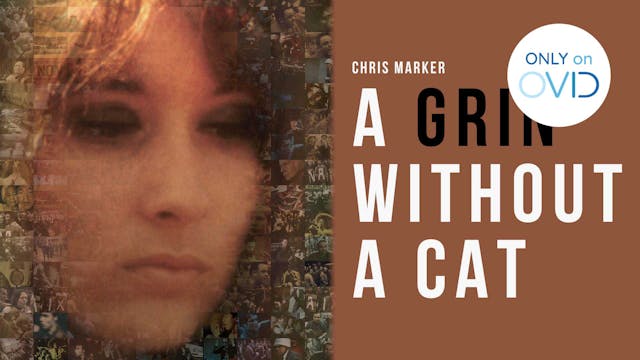Tongues Untied
Classic Docs
•
54m
Directed by Marlon Riggs • Documentary • 1989 • 55 minutes
The seminal documentary on Black gay life, Emmy Award-winning director Marlon T. Riggs’ 1989 Tongues Untied uses poetry, personal testimony, rap and performance (featuring poet Essex Hemphill and others), to describe the homophobia and racism that confront Black gay men. The stories are fierce examples of homophobia and racism: the man refused entry to a gay bar because of his color; the college student left bleeding on the sidewalk after a gay-bashing; the loneliness and isolation of the drag queen. Yet they also affirm the black gay male experience: protest marches, smoky bars, “snap diva,” humorous “musicology” and Vogue dancers. A quarter of a century after its release, director Marlon T. Riggs’ documentary, winner of the Los Angeles Film Critics Award, and Best Documentary prize at the Berlin Film Festival, is as relevant as ever. “A black male warrior fighting for the right to love other black men, Marlon Riggs affirms what was nearly lost, newly found: the certainty that black male lives are utterly precious.” — Alice Walker
Up Next in Classic Docs
-
Le Joli Mai
Directed by Chris Marker, Pierre Lhomme • Documentary • 1963 • 145 minutes
Filmed just after the March 1962 ceasefire between France and Algeria, LE JOLI MAI documents Paris during a turning point in French history: the first time since 1939 that France was not involved in any war.
Part I, "A P...
-
A Grin Without a Cat (Chris Marker)
Directed by Chris Marker • Documentary • 1977 • 178 minutes
Newly restored! A GRIN WITHOUT A CAT is Chris Marker's epic film-essay on the worldwide political wars of the 60's and 70's: Vietnam, Bolivia, May '68, Prague, Chile, and the fate of the New Left.
Released in France in 1978, restored a...
-
Sherman's March (Ross McElwee)
Directed by Ross McElwee • Documentary • 1986 • 155 minutes
When First Run released Ross McElwee's Sundance Award winning Sherman's March in 1986, it went on to become one of the largest grossing documentaries ever. Audiences and critics alike fell in love with McElwee's "quirky, funny and fasci...



